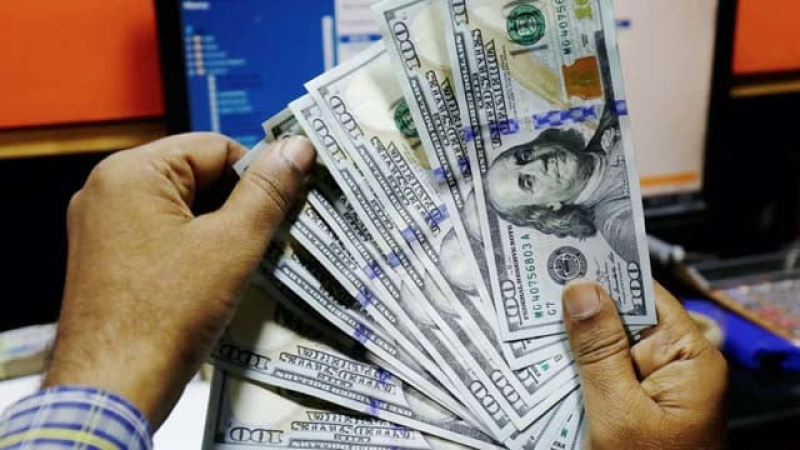- One killed, two injured in attack at Ctg meeting over marriage |
- Dhaka ranks world’s third worst in air quality Saturday |
- Sylhet residents endure mosquito invasion amid dengue surge |
- Lioness brought back to Zoo cage after one hour of escape |
- Resumption of US Tests May Trigger Threats from Other Nuke Powers |
US dollar dominance not under threat, despite risks: Fed official

The status of the US dollar as the world's reserve currency is likely to continue, despite threats posed by China's rise and the growth of cryptocurrencies, a US Federal Reserve official said Thursday.
The dollar continues to be the most widely used currency for international transactions, and is top among the notes held by foreign investors as a store of value, Fed Governor Christopher Waller told a conference in the Bahamas, according to prepared remarks.
"By standard measures of an international currency's use, there has not been any notable erosion in the dollar's dominance over the past couple of decades," he told the conference in the capital, Nassau. "Going forward, however, there are potential challenges to the dollar's international status, and some recent developments have the potential to boost the international use of other currencies," he added.
Waller cited risks including the rise of cryptocurrencies, the growing prominence of the euro as an international currency, China's efforts to boost international use of the renminbi, and the effect that Russian sanctions could have in bifurcating the global economy.
But in all of these cases, Waller said the dollar would likely hold on to the top spot.
The prevalence of dollar-linked "stablecoins" as a means of moving money in and out of digital currencies meant that "crypto-assets are de facto traded in US dollars," he said.
Meanwhile, the euro still pales in comparison to the dollar, despite being the world's second-most-used international currency, Waller continued, adding that China's renminbi is also held back by not being freely exchangeable and by the "relatively low" level of investor confidence in Chinese institutions, reports BSS.
Waller said that the threat to the dollar from growing geoeconomic fragmentation of the global economy has so far also failed to blunt the currency's appeal.
"Despite the reallocation of trade flows across countries, at the end of the day, those trade flows continue to be invoiced mainly in dollars," he continued.
"I do not expect to see the US dollar lose its status as the world's reserve currency anytime soon, nor even see a significant decline in its primacy in trade and finance," he added.

